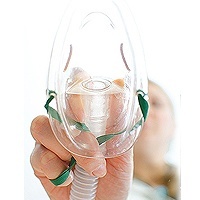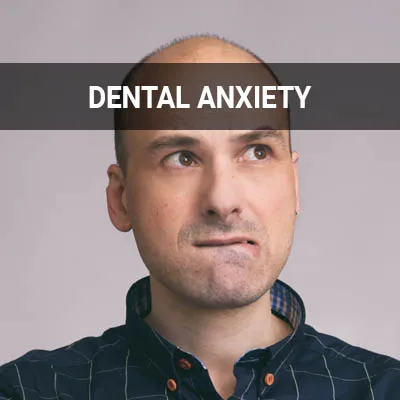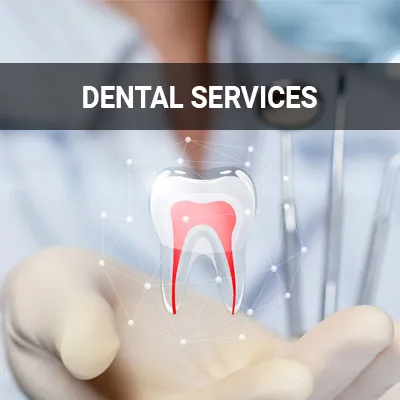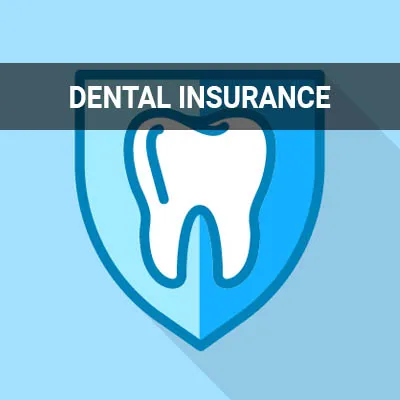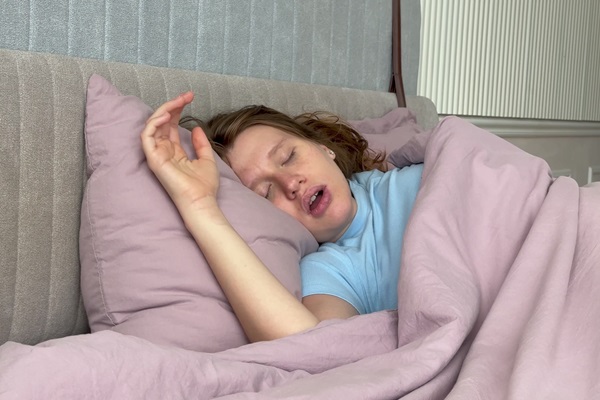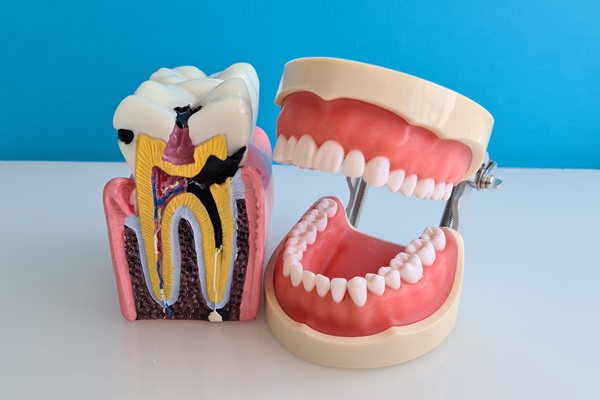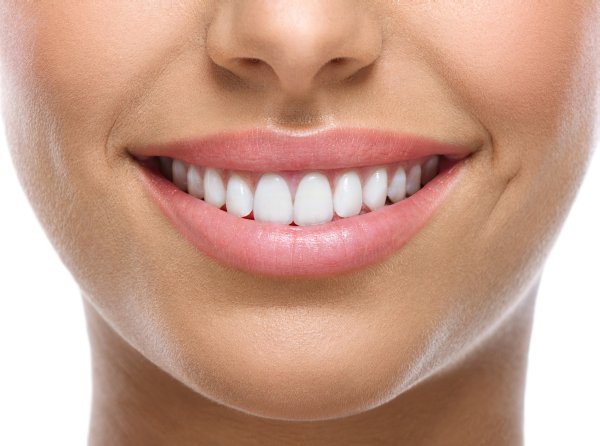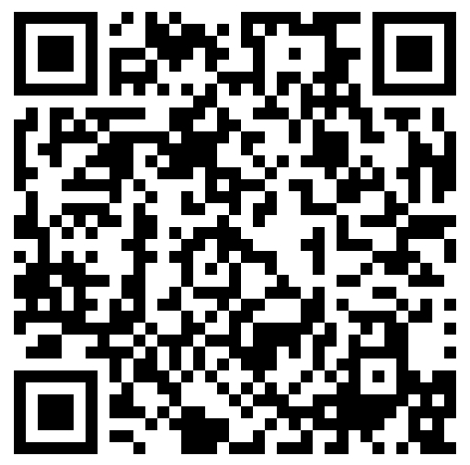Sedation Dentist Los Angeles, CA
Seeing a sedation dentist can help patients relax while receiving dental treatment. Sedation dentistry helps patients who have extreme dental-related fear or anxiety. If you avoid visiting the dentist because you are uneasy, sedation dentistry could be the solution for you.
A sedation dentist is available at Vatan Dental Group in Los Angeles and the surrounding area. Our practitioners can help you determine if you are a good candidate for this type of dentistry. Call us today at (310) 906-1300 to learn more about our services or schedule an appointment.
When to See a Sedation Dentist
Visiting the dentist causes extreme worry in many patients, but they can often combat this stress by being sedated during dental procedures. A sedation dentist is trained to provide patients with medication that can relieve anxiety by making them feel drowsy and relaxed. The American Dental Association has strict guidelines in place to determine which of the following types of sedation is most suitable for individual patients.
- Minimal sedation: Nitrous oxide, commonly known as laughing gas, allows the patient to remain fully alert and aware of what is happening throughout the procedure. This medication commonly causes patients to feel relaxed and lightheaded. It is the most common form of sedation used in dentistry.
- Moderate sedation: Oral medication makes patients feel drowsy during their procedures. The effect of the medication may be strong enough to cause some patients to slur their speech and forget the procedure process. It must be taken an hour before the procedure begins.
- Deep sedation: Strong medication is administered through an IV. This allows the medicine to take effect more quickly and provides deeper sedation. Although most patients remain awake, they are extremely groggy and have little to no recollection of the procedure afterward. Some patients may fall into a light sleep but can be awakened easily once the dental procedure is complete.
“A sedation dentist is trained to provide patients with medication that can relieve anxiety by making them feel drowsy and relaxed.”
Treatments That Require Sedation
There are several types of medications potentially used in dental sedation. They can be given as a pill or administered intravenously. For minimal sedation, patients may receive gas inhaled through a mask. This type of sedation wears off quickly. The type of sedative used is determined by the patient's treatment, their tolerance, and conditions or illnesses they may have.
Local anesthesia is typically administered for minor restorative procedures such as cavity fillings, tooth extractions, root canal treatments, dental crown placement, and scaling and root planing. General anesthesia, usually inhaled or administered through an IV, is used for more severe procedures. It is commonly used for bone grafts, corrective jaw surgery, general tooth extractions, oral cancer surgery, sleep apnea surgery, cosmetic dental procedures, and cleft lip/palate surgery.
“The type of sedative used is determined by the patient’s treatment, their tolerance, and conditions or illnesses they may have.”
Benefits of Sedation Dentistry
In a study published by the Journal of Dental Hygiene, 19% of the 308 study participants suffered from moderate to high dental anxiety. A sizable part of this group even reported missing appointments because of dental fear. Sedation is one of the effective ways dentists have found to help patients get the care they need. Patients who have been avoiding necessary dental work due to anxiety can find sedation very helpful.
In addition to patients who suffer from nervousness, candidates for sedation may include those who have difficulty sitting for a long time. Some dental procedures necessitate remaining in the chair for a long time with minimal movement. Various physical and mental conditions can make this extremely difficult for some. Other issues where sedation can help include a strong gag reflex or a low pain threshold.
“Sedation is one of the effective ways dentists have found to help patients get the care they need.”
Check out what others are saying about our dental services on Yelp: Sedation Dentist in Los Angeles, CA
Preparing for a Sedation Procedure
Sedation can help patients get through most types of dental procedures. Preparation is key to making things go smoothly. Taking the following steps can help patients get the dental care they need with minimal pain and anxiety:
- Ask about available sedation types: A sedation dentist may use several types of medication. Different dosages can also control the strength of the sedation. Patients should also tell the dentist about their preferences; for example, a patient who dislikes needles may benefit from oral or inhaled sedation instead of having an IV.
- Review medical history, including allergies and medications: Some medical conditions or medications may interact negatively with some sedation components. It is important for the dentist to have all relevant information in order to administer sedation properly. Patients whose medical history makes some types of sedation contraindicated can still benefit from other formulations.
- Go over the information with the sedation dentist: A sedation dentist typically provides detailed instructions on how to prepare for a procedure under sedation and what to do afterward. It is important to follow these recommendations correctly for optimal comfort and safety. Be sure to ask questions if any instructions are unclear.
- Make arrangements for getting home: Patients undergoing most types of sedation are advised to arrange for a ride home. The effects of sedation can linger for some time and can include drowsiness or dizziness. With certain types, it may be safe for the patient to go home on their own shortly after the procedure. The California Dental Association notes that the mild effects of nitrous oxide typically last for about 15 minutes after the procedure.
“Preparation is key to making things go smoothly.”
Questions Answered on This Page
People Also Ask
Q. How can I cope with dental anxiety?
Q. What steps should happen after chipping a tooth?
Q. Why do I need routine dental treatment?
Q. What do I need to know before starting the search for a dentist?
When Sedation Dentistry is Not Possible
While sedation dentistry can help many people, it is not possible for everyone. Patients with certain conditions such as obesity or obstructive sleep apnea may not be able to receive this treatment due to the possibility of complications. Our dentist will speak with patients before providing sedation to ensure that it is safe.
This process will include reviewing a patient's health history and medications to determine whether they are a good candidate for sedation. It is crucial to receive sedation from a trained and qualified sedation dentist. Our team will work with each patient to determine their candidacy for sedation and ensure their safety.
“Patients with certain conditions such as obesity or obstructive sleep apnea may not be able to receive this treatment due to the possibility of complications.”
Frequently Asked Questions
Q. Is sedation dentistry safe?
A. Sedation dentistry is safe for many people. However, patients who have sleep apnea or are obese have a higher risk of complications from the medication. They should inform the dentist of their medical history so the practitioner can determine if sedation is the right solution.
Q. Who should see a sedation dentist?
A. Patients who experience severe anxiety over the thought of visiting the dentist should consider sedation dentistry. According to WebMD, this practice also benefits people with gag reflexes, sensitive teeth, or low pain tolerances. It may also be an option for those who have difficulty sitting still for extended periods or need a significant amount of work done.
Q. Why are sedation dentists beneficial?
A. Proper oral hygiene, including routine dental exams and cleanings, is essential for good oral health. However, many people have distress during dental procedures, causing them to avoid the dentist as often as possible. This leads to a decline in oral health and could lead to major problems in the future. A sedation dentist helps patients relax to undergo the cleanings and other procedures they need to maintain healthy teeth.
Q. Can children see a sedation dentist?
A. According to the American Academy of Pediatrics, dental sedation is safe for children. Many kids are uncooperative or scared while in the dentist's chair, and sedation makes them feel at ease throughout the procedure. Most children only need mild sedation.
Q. Is there a recovery period after being sedated for dental procedures?
A. Most patients will feel drowsy for a few hours after seeing a sedation dentist. If you have received mild sedation, you may be able to drive yourself home but should rest the remainder of the day. Patients who receive moderate to deep sedatives will need someone else to drive them home and may sleep for a few hours after the appointment. However, all patients can resume their normal lifestyles the day after the procedure.
Dental Terminology
Consult a Dentist About Sedation During Procedures
Sedation dentistry offers a way to get necessary dental care without fear or anxiety. Talk to a dentist about sedation options today. Call us at 310-906-1300 to schedule a visit.
Helpful Related Links
- American Dental Association (ADA). Glossary of Dental Clinical Terms. 2024
- American Academy of Cosmetic Dentistry® (AACD). Home Page. 2024
- WebMD. WebMD’s Oral Care Guide. 2024
About our business, license, and website security
- Vatan Dental Group was established in 2012.
- We accept the following payment methods: American Express, Cash, Check, Discover, MasterCard, and Visa
- We serve patients from the following counties: Los Angeles County
- We serve patients from the following cities: Los Angeles, Inglewood, Westchester, Marina del Rey, Playa del Rey, Playa Vista, Culver City, Fox Hills, Hawthorne, El Segundo and Santa Monica
- CA (License #49259). View License Information and Specifics
- National Provider Identifier Database (1740278662). View NPI Registry Information
- Norton Safe Web. View Details
- Trend Micro Site Safety Center. View Details
Back to top of Sedation Dentist
